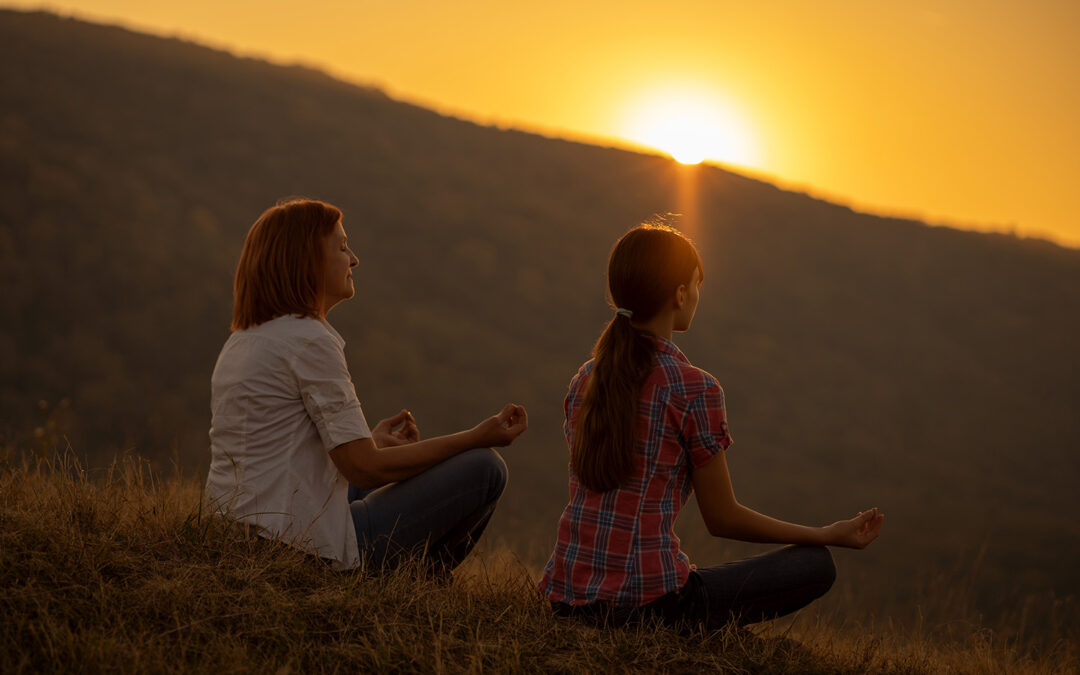I admit it – I am super tired of living in a pandemic. Thankfully, I am fairly well equipped physically, socially, and emotionally to deal with this situation. There are still many days when the seemingly never-ending uncertainty and inability to control what is going on in the world leaves me a little bit angry, anxious, sad, and generally out of sorts. In my immediate sphere, I only have to put up a good front for my dog and my husband. To keep emotionally strong, I do my best to connect with my social circle and family via phone and from 6 feet apart. This connection is an important part of feeling well.
What I am observing is that my friends and colleagues with school aged children in the home are dealing with more chaos as they must shoulder the emotions of their children, not to mention supervise distance learning. Recently one of my close friends told me about her daughter’s struggle with our current reality. She heard some commotion upstairs and found her usually cheerful 13-year-old sitting in a torn apart bedroom, all of her careful decor pulled off the walls and ripped to shreds. This was uncharacteristic for her daughter, but a valid reaction to the turmoil of teen lives during this crisis and their lack of control over their lives.
The Greater Good Science Center asked for feedback from 400 teenaged youth over three weeks in April as lockdowns and distance learning had just begun. One group of students were asked to only focus on what they could control in their immediate environment, such as sanitizing keys and phones, washing hands, and finishing the day’s school assignments. The second group was given no particular instructions. The group who focused on what they could control had fewer symptoms of depression and anxiety than the group who were given specific controllable daily tasks.
Human beings naturally search for facts and answers to guide our brains towards a sense of stability and control. For over five months now, we have lost our sense of certainty about our futures. As this pandemic continues to linger and may stretch into early next year, we are all a bit adrift. The brief study above points to the benefits of focusing on what we can control. Other positive strategies include talking honestly and openly to loved ones and supportive friends, trying each day to list three positives in your life, practicing self-compassion (essentially acknowledging the negative emotions and accepting them), and removing yourself from stressful situations.
Self-care and compassion also includes allowing yourself to lean on your support system, so when I reach the limit of “faking it” and verge towards “losing it”, I tell my husband, I reach out to my close friends and my adult children, I ask for a kind ear. This does not make me weak. It makes me well. Coping is not a bad word. It is a word that designates healthy skills, such as exercising, eating mostly healthy foods, meditating, leaning on a supportive friend or loved one, or participating in meaningful activities. The best thing that we can do for our friends and families is to model these healthy coping strategies and to realize that we can only control what is happening in our sphere of influence, which right now seems to be our home and local community.
My friend, who I mentioned above, sat with her daughter and asked her to tell her what she was feeling. She let her cry and listened without judgment or ideas on how to fix things. She learned that her daughter missed her best friend, FaceTime was not enough, and this friend was not allowed to visit with peers (something her daughter could not control). The two of them cleaned up the room and hugged each other, resetting for another day in an unrecognizable world.
If you or a family member needs the support of a mental health professional, please contact the Wellness & Prevention Center at 949-680-0516 or info@www.wpc-oc.org. We can connect you to a clinician through your insurance or provide services through our community clinic.

